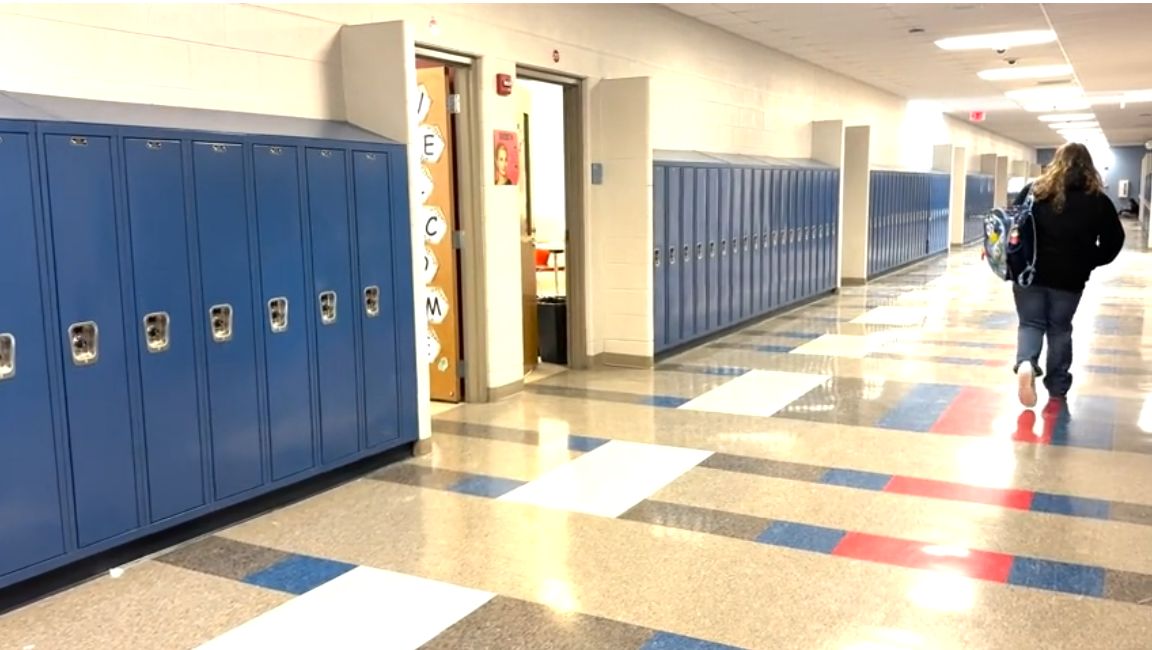STATEWIDE — Florida lawmakers are considering a bill that would make changes to state scholarships and what makes students eligible to get that financial assistance.
What You Need To Know
- Bill would allow state education leaders to decide which majors would get financial aid
- State Sen. Dennis Baxley defends the bill, says it sets students up for success
- Learn more about Senate Bill 86 here
The measure would prioritize student academic career paths, and specifically, majors state education leaders decide lead directly to employment opportunities.
Jane Dunkelberger says her daughter, a senior in high school, has already had a difficult time applying for Florida’s Bright Futures Scholarship — a merit-based scholarship that helps students pay for college — because the pandemic limited opportunities for volunteer hours required.
“We’re very limited to what we can and can’t volunteer with, and now they want to micromanage it even more and fine tune it,” said Dunkelberger.
Dunkelberger says she’s worried Senate Bill 86 would make it even more difficult for her daughter, and her son who’s now in 10th grade. If the measure becomes law, by the year her son Wes is applying for financial aid for college, state education leaders would consider his major in deciding whether he’s eligible for that financial aid.
State Sen. Dennis Baxley, who represents parts of Lake, Marion and Sumter counties as part of District 12, says the bill’s purpose is to set students up for success.
“The last thing we want — and it happens too often — is people winding up at the end of their bachelor’s degree and then finding out they’re not hirable and all they’re doing is sitting there with a pile of debt,” said Baxley, a sponsor of the bill.
The bill would allow state education leaders to identify which academic majors lead directly to employment, and prioritize those when deciding who should get scholarships — and keep them. The state would re-evaluate each scholarship recipient after each term.
“It’s not to tell you what to do — you can study whatever you want — but if you want us to help resource it and pay for it, then it needs to have a direction towards the economy and says there is a connection here,” said Baxley.
Dunkelberger says her son and daughter are both still figuring out their exact career paths.
“A lot of students don’t know what they want to study in yet, they don’t know what they want to major in and it may change,” said Dunkelberger.
And she worries this legislation would limit their interests and create financial uncertainty throughout college.
“To dictate what program is going to be steered for funding for Bright Futures, I think that would be discouraging for students,” said Dunkelberger.
The bill would also provide new scholarship opportunities to encourage students who drop out of high school to achieve professional certifications.









